A couple of days after I returned from a visit with my eldest grandchild, now 26, I found these pages, written in 1988:
----------------------------------
He showered me with sweet kisses. He bestowed on me flurries of warm embraces. Over and over again, he said those wonderful words, "I love you." He also told me, "You are my best friend." Knowing he couldn't keep his promise, he told me, "I'll always stay with you. I'm never going away." But -- as I knew from the start that he would -- he left.
And now my house, still full of everything it held before he came into it, feels empty. His leaving exposed a great vacant space. The rack where his toothbrush hung stands stark and bare. My neat rooms, no longer strewn with his books and his clothes and his treasures, look abandoned. The occasional scrap of paper bearing his doodles or his writing bears witness to the mountains of paper he used while he was here.
I come across a shirt he left behind. I wash it, I hold it up, I remember how he looked in it, and I cry into the soft cotton, knowing I won't be seeing -- or feeling -- him in it any more.
I know he had to leave. I know he loves me. But knowing this doesn't stop the pain of missing him. When he was with me, our time together was not unalloyed bliss. Every day we argued, sometimes several times a day. Sometimes he lost his temper, sometimes I lost mine. Sometimes he blurted out, "I hate you!" and his words drew my blood.
I felt devastated after every quarrel. Even though we got along better toward the end of the few weeks we spent together, neither of us could figure out how to stop the bad times altogether. If we had had more time together, I think we would have come to understand each other better. Still, despite the tempestuous outbursts, once each storm ended, we were close again. Our rages and tears never killed our love, and our loving closeness painted the landscape of our days together.
And now I have to pick up my life where it was before Stefan squirmed his way into my heart, into the good life I knew with my husband in this house still filled with Stefan’s presence. My husband loves Stefan, too, this five-year-old grandson of ours of whom I write with such passion.
One day Stefan said to my daughter, “Mama, I want to marry you.” “I’m already married,” Jenny smiled. “I know, but if you weren’t, I would want to marry you.” And then he turned to me and said, “Oma, I wish you could sleep in my bed. I wish I could stay with you for a hundred thousand days.”
So. He wants to marry Mommy, but he wants to sleep with me. Yes. A grandmother is like a lover, a mother like a wife. I am not with him all the time. I am freed of both the responsibility and the routine of everyday life. I can shower love on him when she “doesn’t understand” him. I can indulge him, while she has to socialize him. I am associated with presents rather than punishment. No wonder the bond between grandparents and grandchildren is so strong!
For the five years before Stefan came to live with us for these short three weeks, I was able to accept the distances between us. I was able to accept the fact that his parents had chosen to live a continent away from us. Our visits together were never more than a week – and always where they lived. This time was different.
This time they came into my world. This time Stefan and I, just the two of us, spent hours, days together. This time I fell head over heels in love – always knowing that we would have each other for only a short time, that this time he would be going an ocean away. But I didn’t want to protect myself by keeping my distance. I flung myself into my days with this little boy who enchanted me with his liveliness, charmed me with his affection, delighted me with his humor. And the more I loved him, the more I felt his love for me.
And so I grieve, not only for the absence of this golden child in my life, but for my absence in his. It’s hard to leave a best friend, even when you’re going with loving parents. It’s especially hard now, as Stefan goes to a strange country where he knows neither the people nor the language, into a life soon to be turned upside down by the arrival of a new baby. Yes, Stefan will deal with his losses, but oh, how I would love to help him ease the pain!
Like generations of grandmothers before me who have watched their children and their children’s children follow their own stars as they chart their own courses through life, I stay in my world as Stefan goes off to his. I love him and I miss him – and I know that both our lives are richer for the presence of the other in it. I look forward to the day when we can be reunited, and meanwhile, I bless the telephone and the international mail service. And I am grateful for our whirlwind romance.
-----------------------
Twenty-one years later:
So yes, it has been hard having Stefan, his mother, and his younger sisters living in Germany all these years while Mark and I and our other children have been here on the east coast of the U.S. I would love to have them close by. But we’re grateful that they’re all healthy and growing up (or grown up) well, and I think about the era when my grandparents immigrated to the United States from Russia, never to see or even speak to their own parents again. We know how lucky we are that we have been able to see all of our geographically distant (but emotionally close) family a couple of times a year, either there or here. Meanwhile, we’ve taken advantage of all the forms of communication that have sprouted over the past twenty years, so we can all stay in close touch. And now here I am savoring the good visit we had with Stefan last month in Florida, and looking forward to this summer’s longer visit from Jenny, Maika, and Lisa.














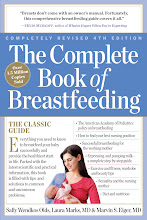







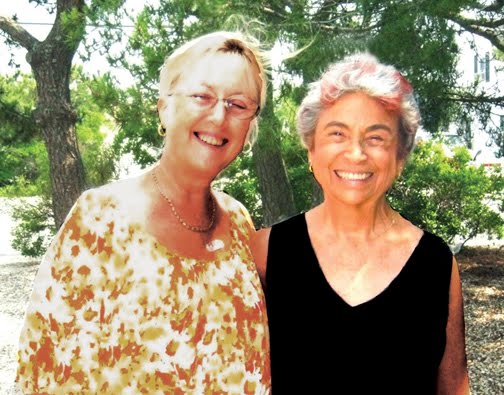.jpg)
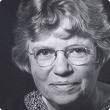


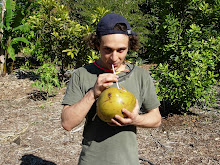

.jpg)
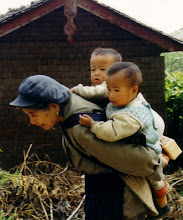.jpg)
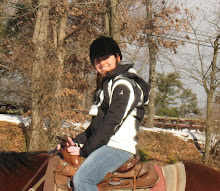.jpg)
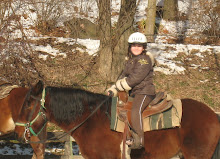.jpg)
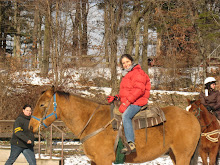

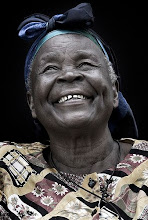

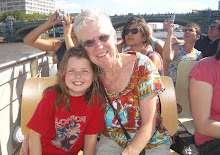.jpg)






.jpg)